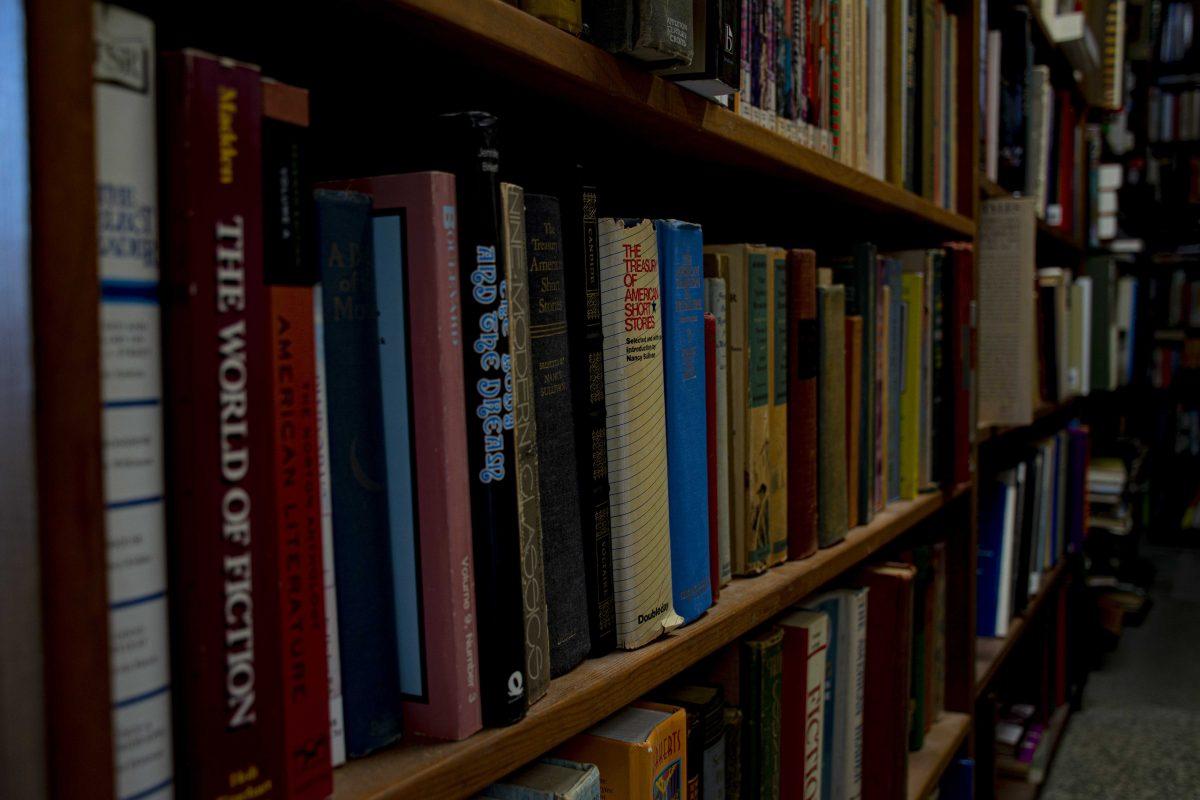In a time when the internet is taking over more and more of our daily activities, there’s something charming, even magical, about antiquated physical media.
Video games, comic books, music, newspapers, movies and countless other mediums have experienced a digital evolution over the past two decades. Everything has become consolidated onto a single device thanks to the internet’s infinite storage capacity.
Many have abandoned their books and records for PDF and .WAV files.
With digital storage becoming cheaper and more readily available and streaming services becoming more commonplace each year, society has all but collectively abandoned physical media. Why buy a Blu-Ray or a CD when you could easily stream countless titles on Netflix and Spotify for a comparable price?
The answer is simple: there’s just something comforting about physical media.
No matter how much we love the convenience these digital avenues of consuming content give us, interacting with physical media is simply a much more engaging experience.
A digital novel or comic book cannot give you the real-life satisfaction of flipping the page to a big reveal. A digital album doesn’t reveal a song’s tiny imperfections like a vinyl record does. Digital media prioritizes convenience over experience, while physical media tells a story through each moment you spend with it.
To me, no PDF will ever beat the tactile joy of holding a comic book, no matter how cheap it would be to just subscribe to a service that gives me access to countless titles. There’s a certain satisfaction that comes with going into your local shop and picking out new comics that gets lost when you buy them digitally.
Sure, digital media is so much easier to keep track of, with algorithmic sorting and a one-stop-shop for all your entertainment needs, but what about showing off the things you’ve read or listened to? With digital media, you don’t have a collection you can look at and hold. A digital bookshelf may emulate a real one, but it lacks the character a collection of paperbacks adds to a room.
All of us have that one thing we keep a collection of, whether it’s every Beatles record, every issue of the “Indiana Jones” comic series or the complete filmography of Mel Brooks. All of these things can be found somewhere on the internet, sure — but we don’t hold onto our physical collections just to consume them. Rather, we keep them to point at as a reminder of something we love.
“There’s a sense of completion that comes from having a whole series of books on the shelf at one time,” screen arts sophomore Nicholas Saia said. “I take pride in my bookshelf because it’s uniquely mine. No one person has the exact same bookshelf as me, and that’s pretty cool.”
Physical media in the modern age is about owning something real as a form of expression. In this way it has become a luxury.
What started as the only way to listen to music or read comics has now become the method of choice for those who seek the most enriching experience a medium can provide. Physical media may have been abandoned by the mainstream in light of the convenience of digital and streaming media, but it’s far from dead.
Yeah, it’s a bit antiquated to prefer a physical paperback to a PDF you can take wherever you go, but a physical book is so much more than the words on the page. It’s the smell of the fresh pages, the feel of the rough paper and the catharsis of turning each page that makes it different.
If nothing else, digital media can go away at any moment. Your shelves of paperbacks and records are safe from the volatility of the internet, unlike digital libraries which rely on the whim of their providers.
“It’s mine forever,” Saia explained, referring to physical media’s permanence. “No matter what happens, it can never disappear without a trace. Being able to own a Blu-Ray or a book and putting it on my shelf feels more like I own it than a digital library.”
With digital media even coming for the art world’s head with NFTs (nonfungible tokens), physical media’s prime remains firmly in the past.
Physical media is inconvenient, yes. It takes up infinitely more space than our phones, which connect us to all manners of streaming services and digital libraries. But just because something is less convenient doesn’t mean it has no value. A book, a CD, a DVD, an 8-track, a painting — these things will connect us more personally to a work than a digital file ever will.
Domenic Purdy is a 19-year-old journalism sophomore from Prairieville.
Opinion: Physical media an outdated, but comforting concept
March 16, 2021
A bunch of books sit on Thursday, October 1, 2020 at Cottonwood Books at 3054 Perkins Road.






